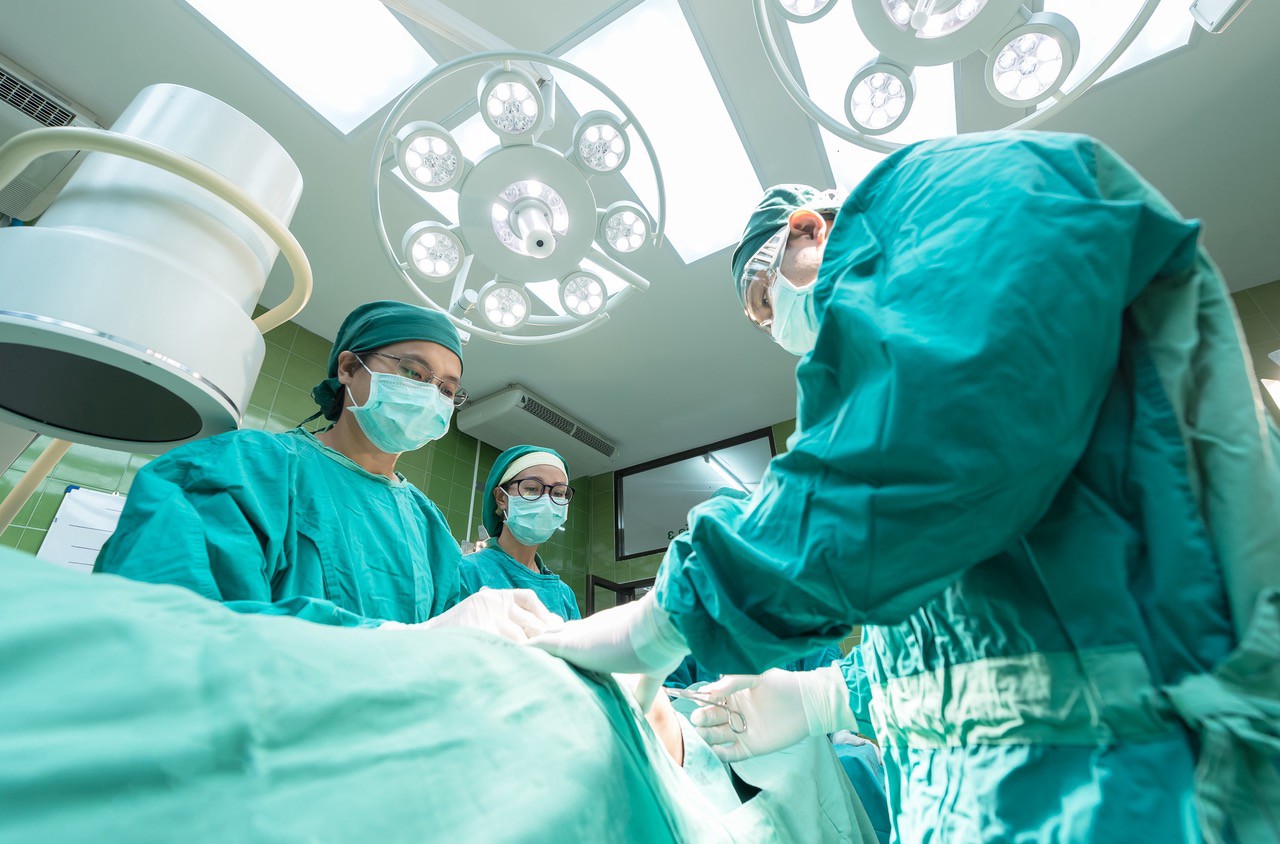MEDICARE REEVALUATING SPINE SURGERIES AT ASCS (Orthopedics This Week)
Is this the beginning of the end of payments from Medicare for some spine surgeries in ambulatory surgical centers (ASCs)? The agency wants to know what you think.
On July 27, 2018, Medicare announced the agency is reviewing whether seniors should have spine surgery at same-day surgical centers. The agency said it will examine whether such procedures “pose a significant safety risk” to patients and continue to “meet the criteria” for Medicare payment.
USA TODAY-Kaiser Health Investigation
The announcement came five months after a USA TODAY NETWORK-Kaiser Health News (KHN) investigation revealed several patient deaths following the procedures at ACSs.
The article, by Christina Jewett (Kaiser Health News) and Mark Alesia (IndyStar), is titled How a push to cut costs and boost profits at surgery centers led to a trail of death.
KHN reported that the investigation found that Medicare approved same-day spine procedures for seniors in 2015 and 2017, “even though at least 14 patients had died since 2008 after such procedures.” No data was supplied to show whether that number of deaths was statistically irregular nor whether the deaths were directly attributable to the surgical setting.
Some of the patients reportedly suffocated from complications of upper-spine surgery. The report alleged that those complications could have been reversed if caught immediately and treated properly.
Eric Tam, M.D., a New York City physician, whose mother was one of the deceased patients, said Medicare’s proposal is “overall very good news—someone is looking into something at least.”
However, he told KHN that one concern about the effort is that “I’m not really sure how much data they have to examine.”
“It’s about time,” said Nancy Epstein, M.D., chief of neurosurgical and spine education at New York University Winthrop Hospital. She said patients face extensive risks after spine surgery. She added that the review will rankle some doctors who have a financial stake in an ASC.
ASC Association Supports Review
Bill Prentice, executive director of the Ambulatory Surgery Center Association, said he supports the agency’s efforts to review the procedures at the surgery centers.
“The more resources they use, the better,” Prentice told KHN. “I think that the more data points they have, the more likely they are to make the right decision. … We believe these procedures can be performed very safely in the ambulatory surgery center space.”
There are more than 5,600 Medicare-certified surgery centers in the U.S. receiving $4.1 billion a year from Medicare. Internal governing bodies decide which surgeries will be performed on the center’s patients. But Medicare decides which operations it will pay for in those settings, continuously proposing and adding some procedures during annual rule-making.
Medicare Review and Comment Period
Medicare will review 38 procedures added since 2015, of which 25 involve spine surgery, and create a plan to continually review approved procedures. The agency said it was appropriate to reevaluate the recently added procedures because “Medicare beneficiaries tend to be frailer and exhibit a higher number of comorbidities than other populations.”
“All available data,” “prevailing medical practice” and public comments will be used to determine if the agency will continue to pay for the procedures.
Medicare officials said that when they originally approved spine surgeries for seniors, they did not get any public comments that the procedures would put patients at risk.
Todd Albert, M.D., surgeon-in-chief at New York’s Hospital for Special Surgery, told AARP that he thought the decision about spine surgery for seniors in surgical centers, “should be on a case-by-case basis, and there are certainly spine cases that are appropriate for an ASC.” He said that complicated cases that require specialized equipment and either monitoring after the surgery or an overnight stay should be done in a hospital. But he added that it would be denying patients “a better experience in some cases” if Medicare did not cover such procedures in ASCs.
Tony Asher, M.D., director of the national neurosurgery quality and outcomes database and a surgery center association board member, told KHN that he was “appalled” by some cases in the news investigation. Adding that spine surgeons need to embrace more transparency on safety outcomes related to specific procedures—and specific surgery centers.
“In an optimal setting, it is possible to do these things effectively and safely,” he said. “On an ongoing basis, we have to show we are providing that.”
Centers for Medicare and Medicaid Services is accepting comments on the proposed changes through September 24 and is expected to release a final decision late in the year. To submit your comments:
- You may (and we encourage you to) submit electronic comments on this regulation to http://www.regulations.gov. Follow the instructions under the “submit a comment” tab.
- By regular mail. You may mail written comments to the following address ONLY: Centers for Medicare & Medicaid Services, Department of Health and Human Services, Attention: CMS-1695-P, CMS-1695-P 3 P.O. Box 8013, Baltimore, MD 21244-1850. Please allow sufficient time for mailed comments to be received before the close of the comment period.
- By express or overnight mail. You may send written comments via express or overnight mail to the following address ONLY: Centers for Medicare & Medicaid Services, Department of Health and Human Services, Attention: CMS-1695-P, Mail Stop C4-26-05, 7500 Security Boulevard, Baltimore, MD 21244-1850. b. For delivery in Baltimore, MD— Centers for Medicare & Medicaid Services, Department of Health and Human Services, 7500 Security Boulevard, Baltimore, MD 21244-1850.
